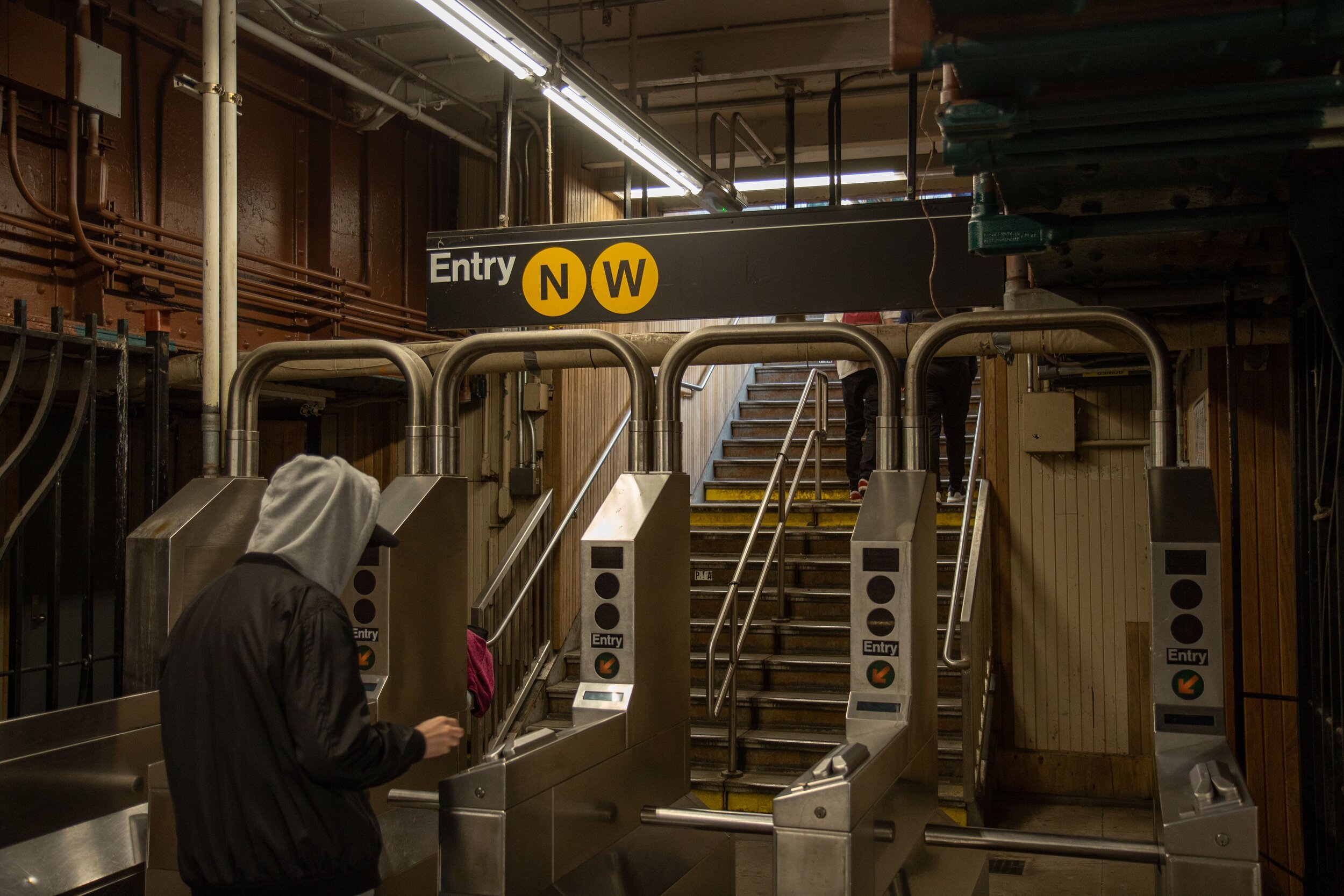Subway rides to increase by fifteen cents come August
/The cost of a subway trip will increase from $2.75 to $2.90 beginning Aug. 20. Eagle file photo by Jonathan Sperling
By Jacob Kaye
For the first time in four years, the price of a subway trip is going to increase.
On Wednesday, the MTA Board voted unanimously to increase the price of a trip on a city subway or bus from $2.75 to $2.90. The price hike is expected to fully kick in for public transit riders on Aug. 20.
In addition to increases to a single trip in the city’s subway system, riders will pay a dollar more for a seven-day unlimited MetroCard – the card is increasing from $33 to $34. For a 30-day unlimited MetroCard, riders will go from paying $127 to $132.
Prices on the Long Island Rail Road and Metro-North Railroad were approved for a 4 percent increase, as well.
For those who prefer to drive, tolls at the city’s bridges and tunnels are set to increase by 5 percent.
The biannual increases were put on pause during the pandemic in an effort to encourage New Yorkers to get back onto the trains. Fares were last raised in 2019.
The MTA Board also voted on Wednesday to expand its CityTicket program. Currently, the program offers a $5 flat-fare to New Yorkers traveling on a commuter rail within city limits during off-peak hours. The MTA will now offer a Peak CityTicket, which will allow for in-city travel during weekday peak hours for $7.
The MTA also announced it is in the process of developing a flat-fare ticket at a similar price to the CityTicket for riders traveling to Far Rockaway on the LIRR.
But it wasn’t all good news for commuter rail riders – the MTA also announced it’s going to eliminate the Atlantic Ticket, which offers riders a $5 trip if traveling between a number of Queens LIRR stations, including the Jamaica, Hollis, Queens Village, Locust Manor, St. Albans, Laurelton and Rosedale stations.
The MTA’s chairman, Janno Lieber, called the price hikes and service changes an “important moment” for the financially strapped agency. But Lieber also acknowledged the increased cost on New Yorkers.
“It is not without its downsides,” he said. “Anytime you’re asking people to pay a little more, you know that has consequences.”
Several Queens elected officials who represent districts without many public transit options expressed their displeasure with the MTA’s moves to increase prices and eliminate service in some areas.
“This is poor timing for a fare hike especially since the state just allocated billions in funding to the MTA as part of last session’s budget, which for the first time included a significant portion of pending gaming revenues,” State Senator Joe Addabbo said in a statement. “The MTA needs to use their money wisely because they provide a critical service. I’m sure commuters wouldn’t mind spending a little more if they were getting safer, better, cleaner and more reliable service in return, however that is not the current situation.”
“I’m not saying the MTA should never increase fares, but I am saying we should be getting something better for our money,” he added.
City Councilmember Selvena Brooks-Powers, who represents a number of neighborhoods likely to be impacted by the elimination of the Atlantic Ticket, said the MTA “cannot continue to uphold this system on the backs of working families that need more affordable options to move throughout our city.”
“I encourage the MTA to revisit their decision to discontinue the Atlantic Ticket and the benefits it delivers for commuters who rely on it,” Brooks-Powers said in a statement.




